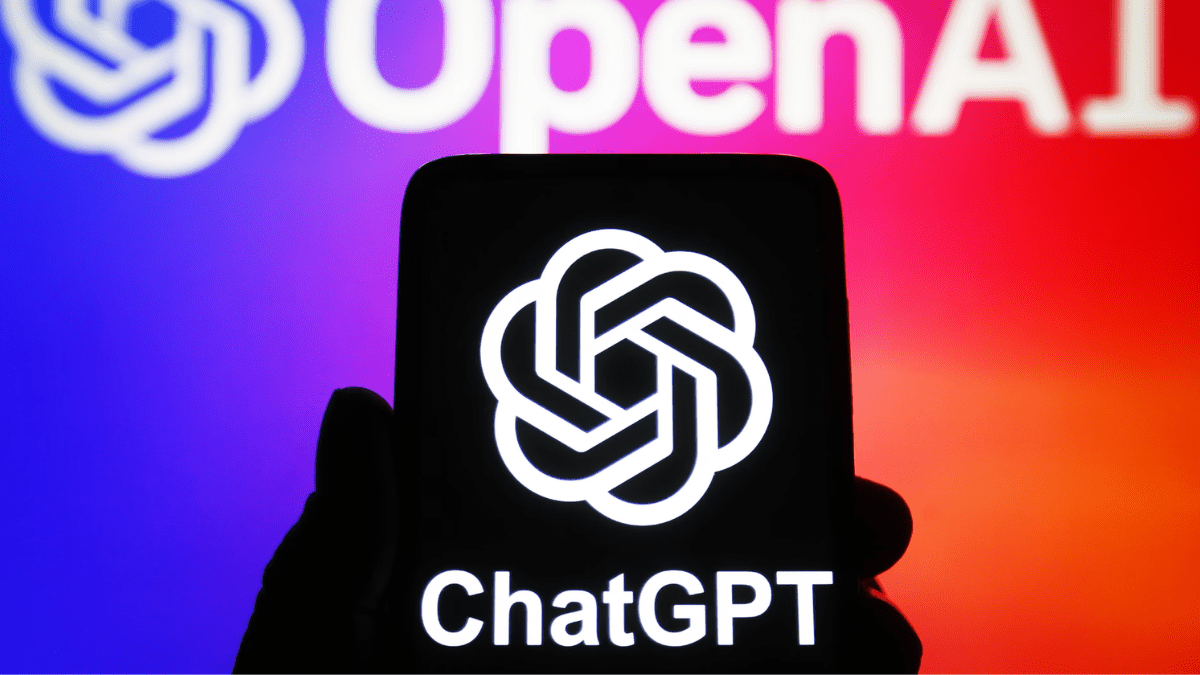Ashutosh Kulkarni sees search entering its most critical phase with AI. Since becoming CEO of Elastic, a Dutch-American software company, he has led its expansion into high-growth markets like India, now its second-largest base, while driving innovation in semantic search, cybersecurity, and observability. In this interview, he speaks to Sudhir Chowdhary about AI’s rapid adoption, the evolving role of search, and India’s potential as both a market and a talent hub. Excerpts:
How is search changing with AI?
AI adoption is driving a transformation in search and this shift can be viewed in two ways: how search itself is evolving, and how it is enabling AI. At the core of these innovations is the large language model (LLM), it performs the reasoning, makes inferences, and generates sentences by predicting the next token.
To effectively apply AI in business contexts, it must be grounded in relevant data, supported by accurate, real-time context. This process, which people once called retrieval-augmented generation (RAG), is now evolving, and terms like agentic AI and agentic workflows are being used. As part of this evolution, instead of RAG, people are now talking about context engineering which enables agents to perform complex tasks with precision. As these tasks become more critical, the need for accuracy in context becomes even more essential.
Can you share some impactful use cases?
We are seeing this trend across the board. While in India, I met with a food delivery company exploring AI through semantic search. Their goal is to let users ask natural, open-ended questions and understand the intent, not just the keywords. A compelling extension of this is multilingual support. Imagine users in tier 2 and tier 3 cities being able to search in their native languages, making the user experience far more approachable and compelling.
Another example is e-commerce, where users can simply upload a photo of a shirt or outfit and search for similar products. These kinds of AI-driven interactions are transforming user experiences, making them more accessible & personalised.
Recently I met with a company which is a job portal for tier two blue collar and gray collar workers. They have built agents designed for full interview preparation and for helping employers onboard newly hired employees, gig workers, etc. These are powerful use cases driving efficiency and elevating both customer and human experiences, making the future truly exciting.
What is your outlook on the Indian market?
In India, there is a massive opportunity across digital natives, enterprises, and the public sector, which we approach through distinct market segments. The enterprise segment, including telcos and banks are showing growing interest in AI, especially for efficiency-related use cases. The stronger focus is on cybersecurity, driven by concerns that AI is being used by cybercriminals. This creates demand for tools that can detect and prevent such attacks.
Lastly, in the public sector, cybersecurity and observability continue to be key focus areas. Together, digital natives, enterprises, and the public sector represent major areas of growth and focus for us.
How do you plan to grow your operations?
We have always looked at India through two lenses, first, as the fourth-largest economy in the world, and second, as a great place for talent. From that perspective, our presence here is well-balanced. Over the past four years, India has grown into our second-largest base by employee strength, spanning functions such as engineering, sales, customer support, finance, HR, and legal. We have offices in Bangalore, Delhi, and Mumbai, with a workforce now in the hundreds and expanding at double-digit percentages.
We are closely aligned with the government’s focus on promoting businesses and advancing AI, and as these initiatives continue, they will play a crucial role in driving us to deepen our investments in the country.
Is agentic AI the next big thing in search?
The future of search will be defined by its shift from being reactive to proactive. In this transition, the value of search will grow exponentially because both the speed at which you can surface the right context and the precision of that context becomes critical. A simple chatbot can tolerate lower accuracy, but once systems begin taking meaningful actions, accuracy is a must-have.
This is why search is emerging to grow in importance. We are already seeing this play out, with customers moving beyond questions of scale and performance to focus on how relevance and accuracy are measured and assured. The conversation is no longer just about feeds and speeds; it is about whether AI is being grounded in the most reliable and contextually rich information possible. That shift signals a new level of sophistication in the market, one that reflects growing maturity.
What makes India such an important market for Elastic’s growth plans?
Our market opportunity in India is expanding rapidly, which is why we are making significant investments here. What stands out to me is the way industries in India are approaching AI, not by focusing on building foundation models, but by using AI for applications and business-driven use cases. This positions India for substantial growth in IT driven by AI that makes the market such an important pillar of our global growth strategy.








